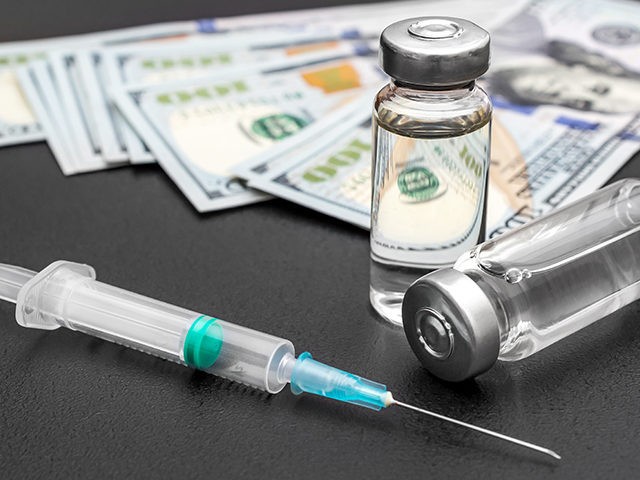Pharmaceutical giant Eli Lilly has announced it is instituting a $35 dollar monthly cap on out-of-pocket insulin expenses.
The company announced on Wednesday that it is moving forward with “price reductions of 70% for its most commonly prescribed insulins and an expansion of its Insulin Value Program that caps patient out-of-pocket costs at $35 or less per month.”
The American Diabetes Association wrote in a press release that 8.4 million Americans are dependent on insulin and that the drug costs “10 times more in the U.S. than anywhere else in the world.”
NBC News noted that the $35-a-month cap is in line with a scrapped provision from the Inflation Reduction Act that would have limited out-of-pocket costs for insulin consumers who have private insurance plans.
While that provision failed to garner the necessary votes to override the Senate parliamentarian, who had removed it from the legislation, the idea of capping insulin costs enjoys considerable bipartisan support.
A 2020 executive order signed by former President Donald Trump “aimed at lowering the prices of insulin and epinephrine.” However, this measure was suspended shortly before it was to take effect by a White House directive under President Joe Biden.
Sen. Josh Hawley (R-MO) introduced legislation in January to cap out-of-pocket insulin expenses at an even lower price point than the scrapped Inflation Reduction Act provision — at $25 a month.
Citing Kelly Smith, an Eli Lilly spokesperson, NBC News reported the move to cap costs “came as a result of conversations between the company and members of Congress about the cost of the medication.”
The outlet also reported that Eli Lilly may be responding to an increasingly competitive market for insulin, as providers such as the nonprofit Civica Rx and Mark Cuban Cost Plus Drug Co. plan to offer the drug at more affordable prices.
“Eli Lilly definitely sees the writing on the wall,” Larry Levitt, executive vice president for health policy at KFF, said, per NBC News.
You can follow Michael Foster on Twitter at @realmfoster.

COMMENTS
Please let us know if you're having issues with commenting.